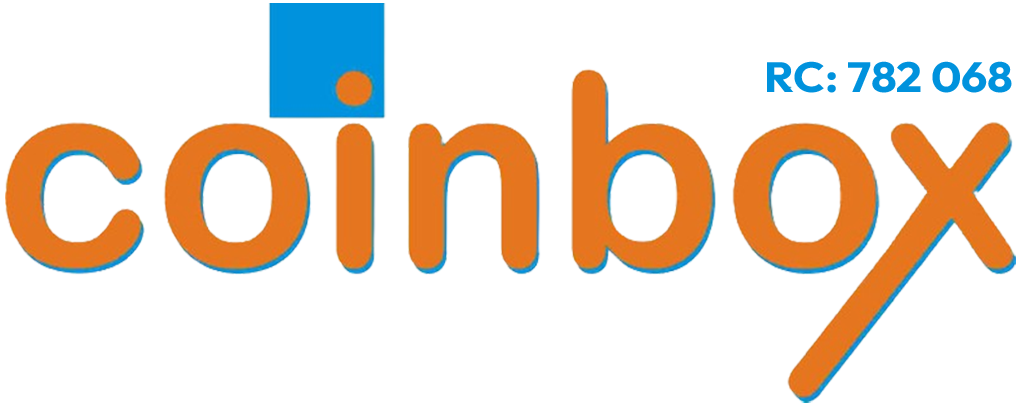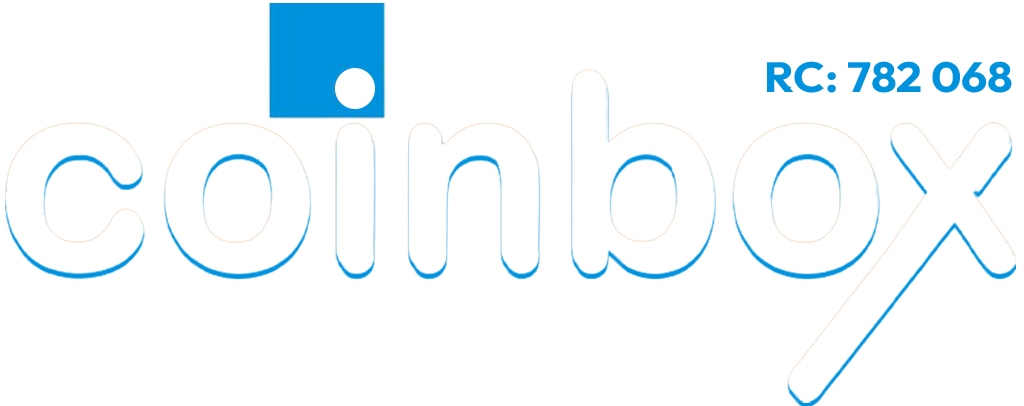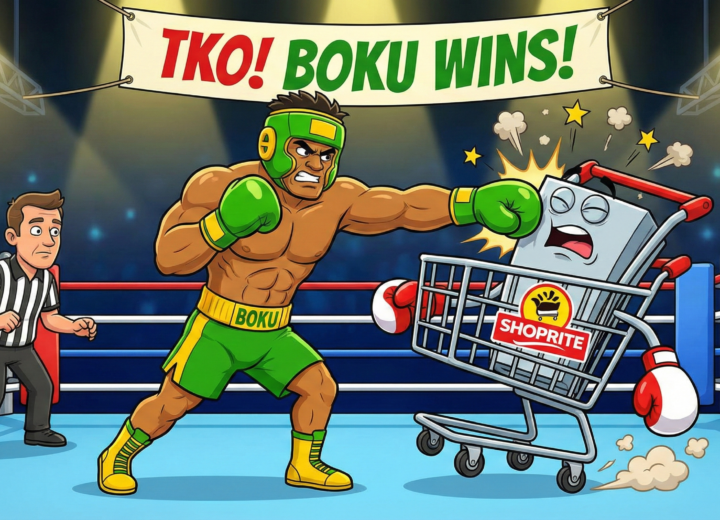In today’s competitive job market, attracting and retaining top talent is no longer just about compensation—it’s about reputation, culture, and purpose. This is where employer branding becomes crucial, and HR’s role expands beyond internal policies to becoming a strategic brand ambassador. When HR partners effectively with marketing, they can build a compelling employer brand that resonates with both active and passive talent.
1. Co-Creating a Unified Employer Value Proposition (EVP)
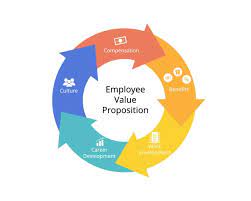
HR and marketing must collaborate to define a clear and authentic Employer Value Proposition—a statement that reflects what the organization offers its employees in exchange for their skills and commitment. HR provides insight into employee experience, values, and internal culture, while marketing refines the message and ensures consistency across platforms.
2. Leveraging Digital Channels for Talent Visibility

With marketing’s expertise in digital engagement, HR can promote career opportunities through employer branding content on LinkedIn, Glassdoor, Instagram, and career pages. Behind-the-scenes videos, employee testimonials, and workplace culture stories humanize the brand attracting top talents.
3. Data-Driven Talent Campaigns

Marketing teams are skilled in audience segmentation and analytics, which can help HR target specific demographics or skills groups. HR can use data from exit interviews, employee surveys, and recruitment metrics to refine hiring messages and address perception gaps.
4. Internal Brand Advocacy
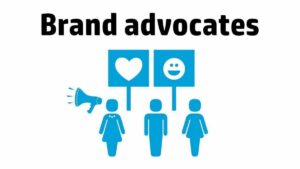
Employees are a company’s most credible advocates. HR can work with marketing to develop employee ambassador programs or employee advocacy, where team members share authentic stories and experiences online. This builds trust and expands reach organically.
5. Aligning Brand with Candidate Experience

From job ads to interviews and onboarding, HR ensures the brand promise is delivered at every touchpoint. This is helps HR builds employer branding because a disconnect between what’s advertised and what candidates experience can damage credibility.

Conclusion

By aligning with marketing, HR transforms employer branding into a strategic asset—enhancing visibility, trust, and desirability in the eyes of top talent. In a talent-driven economy, this partnership is not optional; it’s essential.
